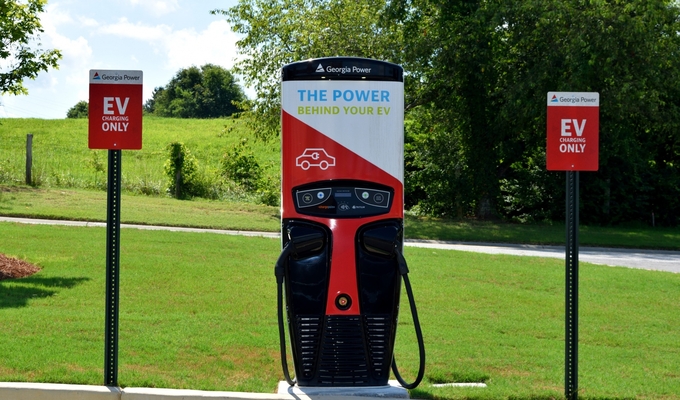 Nowadays, many people are aware of EVs (Electric Vehicles) and there have been many discussions about EVs. According to a recent prediction of the International Energy Agency NetZero, the pace of development of EVs should increase exponentially in the coming years, especially in the passenger electric vehicle sector, where technology has matured.
Nowadays, many people are aware of EVs (Electric Vehicles) and there have been many discussions about EVs. According to a recent prediction of the International Energy Agency NetZero, the pace of development of EVs should increase exponentially in the coming years, especially in the passenger electric vehicle sector, where technology has matured.
Sales of EVs are booming. In the first quarter of 2022, Ford announced a growth rate of 139% in EV sales, Volkswagen did 65%, and Tesla did 81%. Some of the main reasons that caused EV sales to boom were consumers’ concerns over high oil prices and tax incentives. Oil prices continue to get higher partly because of the pandemic and the Russia–Ukraine war.
Environmental impact is another one of the main reasons encouraging people to buy EVs instead of traditional gasoline vehicles. Many countries have been working on the electrification of road transport in order to achieve a high level of decarbonization. In 2020, 930,000 EVs were sold in China, 230,000 in the USA, 190,000 in Germany, 110,000 in France, and 110,000 the UK. Countries with the largest share of EVs are Norway (17%), Iceland (6.16%), Sweden (3.62%), the Netherlands (3.19%), Denmark and Finland (about 2.35%). Those results would not be possible without overcoming the technical, economic, infrastructural, and cultural barriers. To overcome those barriers, those governments played a significant role in the electrification of road transport.
Some people might be wondering why companies and consumers choose EVs instead of Hydrogen vehicles. According to Julia Averina, there are 3 main reasons.
1. They can be charged at home or the workplace. Additionally fast charging services are available at shopping malls. They can be charged while having meals or shopping. 2. The cost of charging the battery is four times lower than the cost of refueling a car with an internal combustion engine and seven times lower than the cost of hydrogen. 3. The conversion of electricity to hydrogen, then back from hydrogen to electricity in fuel cells has low total efficiency, so there will be significantly higher emissions than from electric vehicles.
Additionally, Electric Vehicle technology is highly related to Autonomous Vehicle (AV) technology. The convergence of the electric propulsion systems and AVs are perfectly aligned. Plus, computers would drive electric vehicles easier than gasoline or hydrogen vehicles. Many countries are interested in adopting and/or developing AV technology. It appears that EVs will play important role in the development of AV. EV will lead the world to a whole new future of transportation.
johnfkarlsson@hotmail.com.








